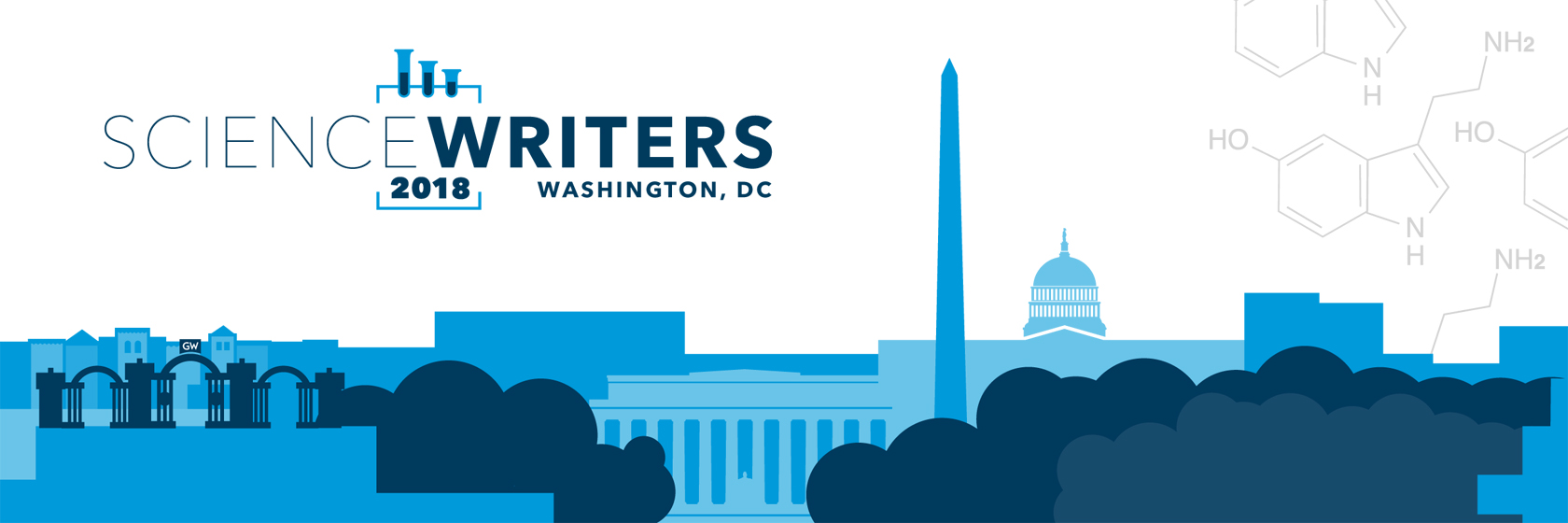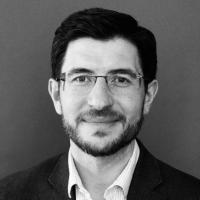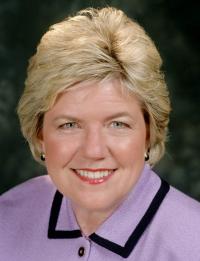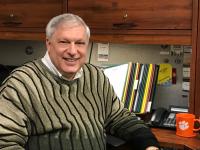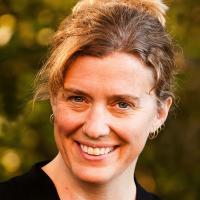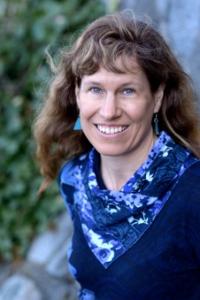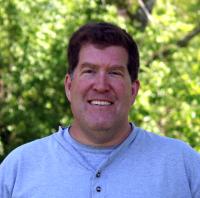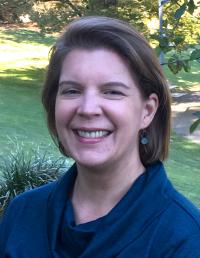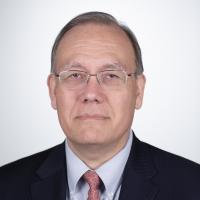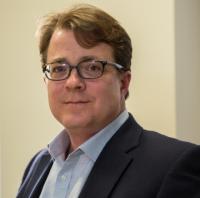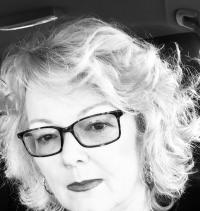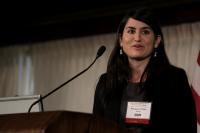NHChristopher Monroe
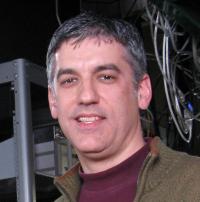
Distinguished University Professor & Bice Seci-Zorn Professor, Department of Physics, Joint Quantum Institute, and Center for Quantum Information and Computer Science, University of Maryland
Christopher Monroe is a quantum physicist who specializes in the isolation of individual atoms for applications in quantum information science. In 1995, he led a team at National Institute of Standards and Technology that demonstrated the first quantum logic gate, exploiting trapped atoms for the first controllable qubit demonstrations. At the University of Michigan and now at the University of Maryland, he has continued his work using atoms as the building blocks for quantum computers, finding new ways to scale up the number of connected trapped-ion qubits and taking the first steps toward a scalable, reconfigurable, and modular quantum computer. In addition to his academic position, he is cofounder and chief scientist at IonQ in College Park, Md.
Email: monroe@umd.edu
Web: http://iontrap.umd.edu/
Speaking:
-
Sunday, October 14th, 11:30 am to 12:30 pm
